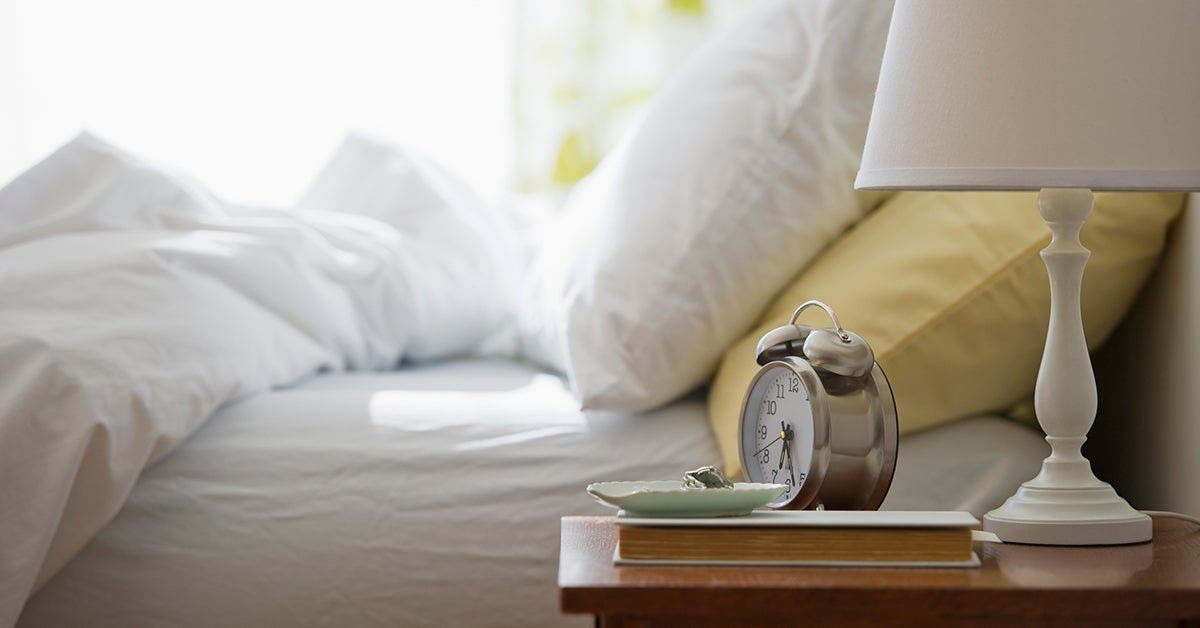Sleep Better When Stressed | WW USA
Sleep Better When Stressed
3 ways to get more zzz’s when the world feels upside down.

Counting more sheep than usual lately? Stress may be to blame. Almost half of people with high stress say they don't get enough sleep because their minds race, shows an American Psychological Association survey of U.S. adults. You know the feeling: Anxious thoughts and mental clutter (going over tomorrow’s to-do list, say) take over, making it difficult to turn off your mind and fall asleep.
And if the current climate has you on edge, you may find that it’s even more difficult to get the recommended seven to nine hours of shut-eye a day. Not only does that lack of sleep spell trouble for your energy levels, but it can also hurt your weight-loss success. That’s because insufficient sleep can make it more difficult to eat well, exercise regularly, and be in the right mindset to reach your weight and wellness goals.
When it comes to sleep and stress, the connection goes both ways. Not only can stress lead to fewer winks, but one small study of young adults shows that a lack of sleep can amplify levels of anxiety. But it’s not all bad news. That same study found that after a full night of sleep, anxiety levels dipped the next day. In other words, a healthy amount of sleep may help you feel less rattled by the news—and who couldn't use that right now?
3 ways to calm your mind before bed
We can’t always turn off our minds, of course, but we can calm our thoughts so that sleep comes easier. Try adopting one or more of the suggestions this week. Notice how you feel. Did you fall asleep any faster?
- Take time to meditate. Meditation can reduce stress and create the right conditions for a good night’s sleep. You can find meditations right in the WeightWatchers® app. Use them whenever you need to unwind or turn down the noise in your mind.
- Start a worry list. Taking your worries to bed can keep you up at night. Instead, set aside time each evening to jot down what’s on your mind, then put the list aside and head to bed. Research shows that just 5 minutes of writing out your to-list before bed can help you fall asleep faster.
- Try the Three Good Things technique. Before bed, think about three good things that happened in the last 24 hours, whether receiving a text from a friend or feeling thankful for a delicious homemade dinner. Research has found that grateful people are less likely to have negative, worrying thoughts when falling asleep.
